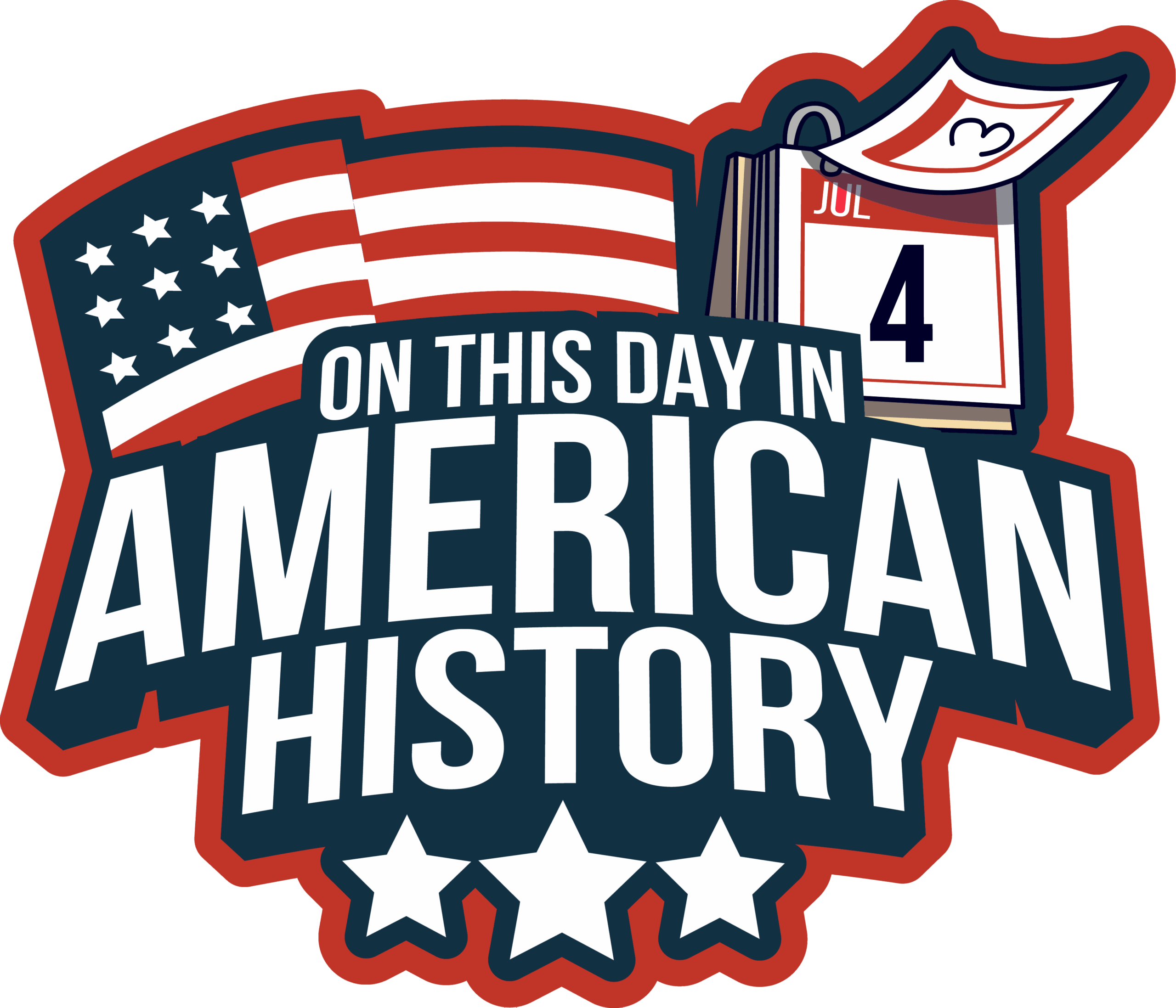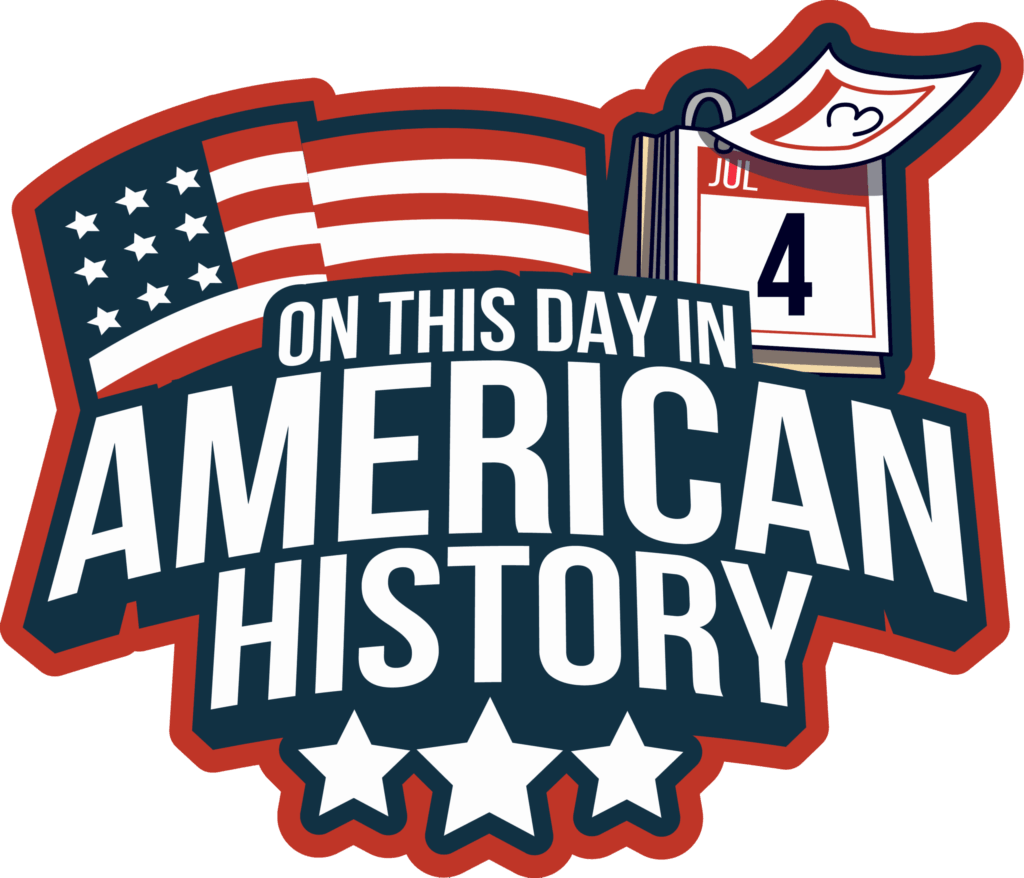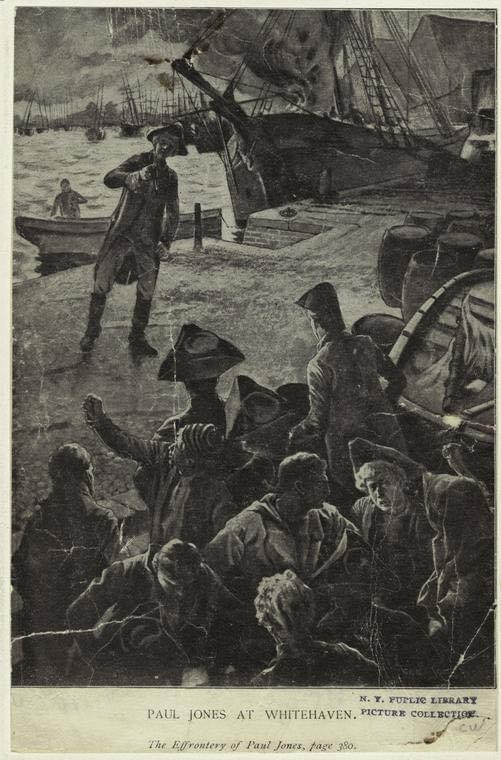
On April 22, 1778 John Paul Jones and members of his American crew raided the English port of Whitehaven…
“After leaving Belfast the Ranger ratched over to
the southern coast of Scotland to ride out the sudden and furious gale under the lee of the land. The wind had abated by the morning of the 22d, and the sun rose bright and clear, discovering from the tops of the Ranger a beautiful prospect of the three kingdoms covered with snow as far as the eye could see. The wind now set fair for Whitehaven, and Jones squared away for that port to carry out his previous project. The breeze fell during the day, however, and it was not until midnight that the boats were called away.
The expedition comprised two boats, carrying
thirty-one officers and men, all volunteers, Jones
himself being in command of one boat, while Lieutenant Wallingford, one of the best officers of the ship, had the other. Simpson and the second lieutenant both pleaded indisposition and fatigue as excuse for not going on the expedition. The tide was ebbing, and it was not until nearly dawn, after a long, hard pull, that the two boats reached the harbor, which was divided into two parts at that time by a long stone pier. There were from seventy to one hundred ships on the north side of the pier, and about twice as many on the south side, ranging in size from two hundred to four hundred tons. As the tide was out, the ships were all aground, lying high and dry upon the beach, and in close touch with each other. Directing Wallingford to set fire to the ships on the north side of the pier, Jones and his party landed and advanced toward the fort which protected the harbor.
The weather was raw and cold, the fort was old and dilapidated, and manned by a few men. The sentry, ignorant of the presence of any foe, never dreaming of an enemy within a thousand miles of him, had calmly retired to the sentry box. Probably he was asleep. The little party approached the walls without being detected. Climbing upon the shoulder of one of his men, Jones sprang over the rampart, where he was followed by the rest of the party. The feeble garrison was captured without striking a blow. The guns were hastily spiked. Ordering the prisoners to be marched down to the wharf, and throwing out a few sentries, Jones, attended by a single midshipman, then made his way to the other fort or battery, a distance of about half a mile. Finding it untenanted, he spiked the few guns mounted there and returned to the landing place.”
From: Commodore Paul Jones by Cyrus Townsend Brady, published in 1906
https://archive.org/details/commodore00bradrich/page/94
Source says not in copyright.
Image: “Paul Jones at Whitehaven”
The Miriam and Ira D. Wallach Division of Art, Prints and Photographs: Picture Collection, New York Public Library Digital Collections.
No known restrictions
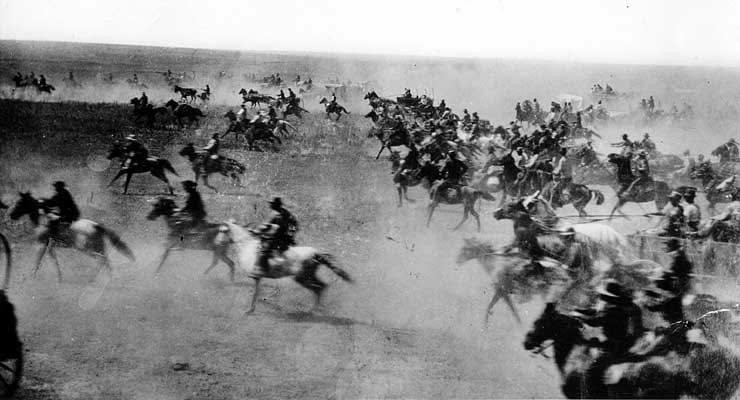
On April 22, 1889, thousands of settlers participated in the Oklahoma Land Rush and claimed nearly 2 million acres of land.
Image: Oklahoma Land Rush in progress via Wikimedia Commons, public domain
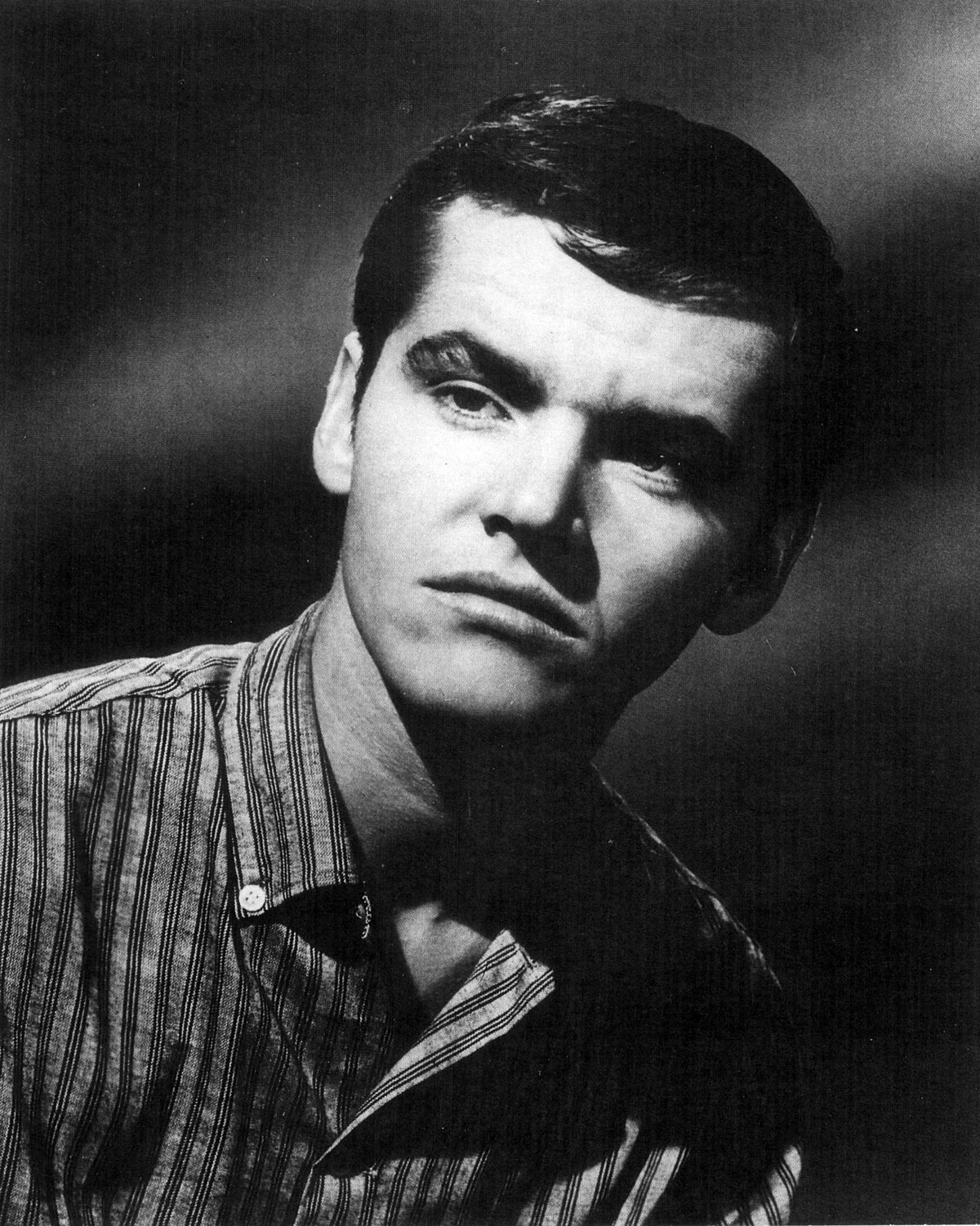
Jack Nicholson was born on April 22, 1937 in Neptune City, New Jersey
Image: Nicholson in 1958 via Alamy
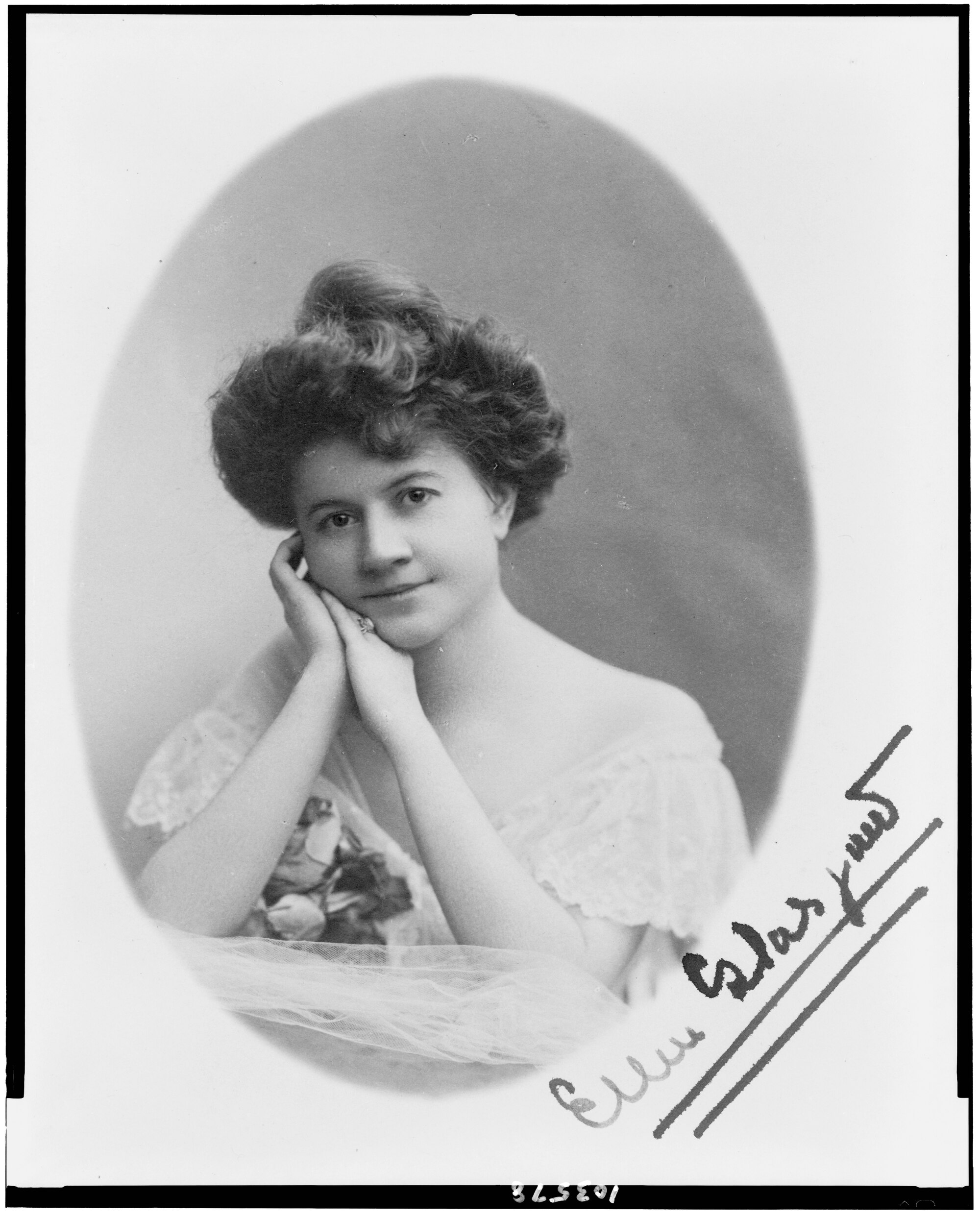
On today’s date April 22, 1873, American novelist and poet Ellen Glasgow was born in Richmond, Virginia.
One of her poems was tItled:
COWARD MEMORY
A street half flecked with shade and sun,
A last year’s leaf along it blown, A gray wall where green lichens run ;
Like water falling on dry stone, A robin’s ripe notes dropping one by one.
Sad sun and shade and sadness over all The distance blended into solemn hues,
On the warm air suspended as a pall The sweetness dying violets diffuse,
While from a single tree the ashen elm flowers fall.
At the street’s sudden end a shining square, The sunny threshold of an open door,
Thick with the dust of an untrodden stair That leads beyond me to the upper floor —
Then memory halts — it dares not enter there.
From: The freeman, and other poems by Ellen Glasgow, published in 1902
https://archive.org/details/freemanandotherp00glasiala/page/29
Source says not in copyright
Image of Ellen Glasgow no later than 1903 via Wikimedia Commons, public domain
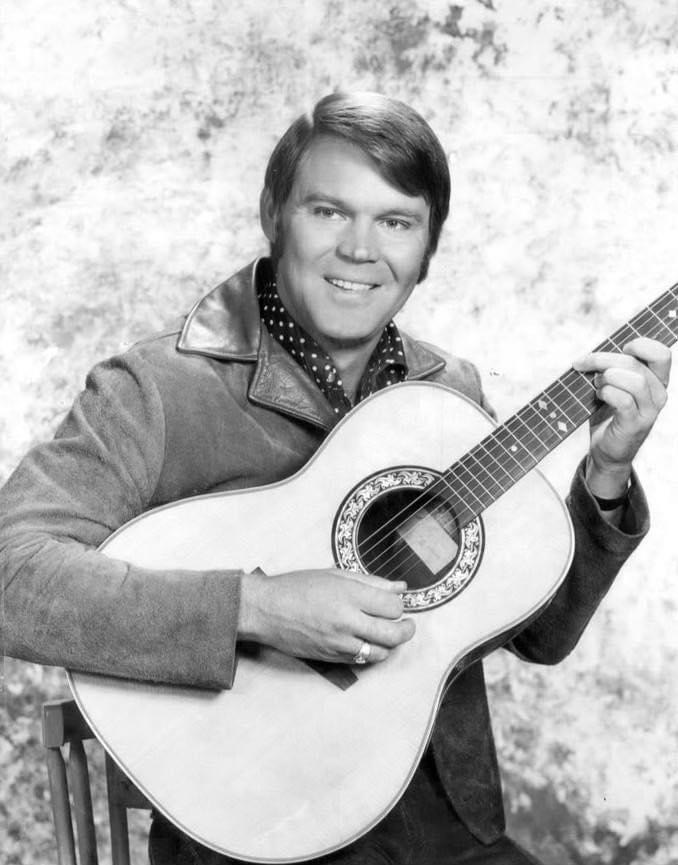
On April 22, 1936, Glen Campbell was born in Delight, Arkansas.
Image: Glen Campbell in 1969 by CBS Television via Wikimedia Commons, public domain
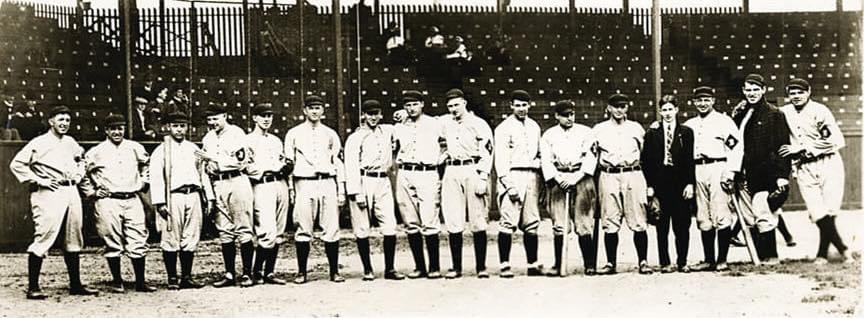
On today’s date April 22, 1914, Babe Ruth pitched a shutout game for the Baltimore Orioles (minor league team at that time) against the Buffalo Bisons.
Image: 1914 Baltimore Orioles Team Photograph with Babe Ruth via Wikimedia Commons, public domain
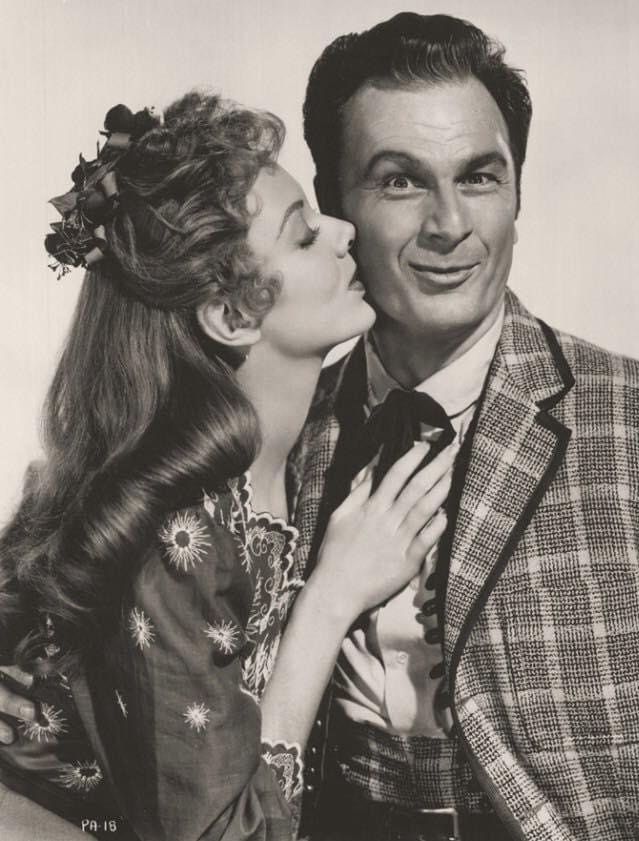
On today’s date April 22, 1906, Eddie Albert was born in Rock Island, Illinois.
Photo: Barbara Lawrence and Eddie Albert in Oklahoma! (1955) – Public Domain via Wikimedia Commons
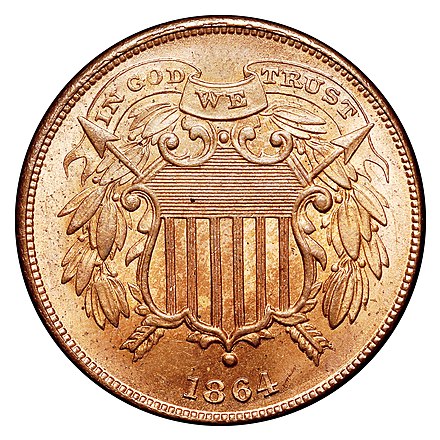
On April 22, 1864, Congress passed a coinage act which was signed by Abraham Lincoln. It authorized “In God We Trust” on U.S. coins.
Image of a two-cent coin from 1864, Heritage Auctions via Wikimedia Commons, CC BY 4.0
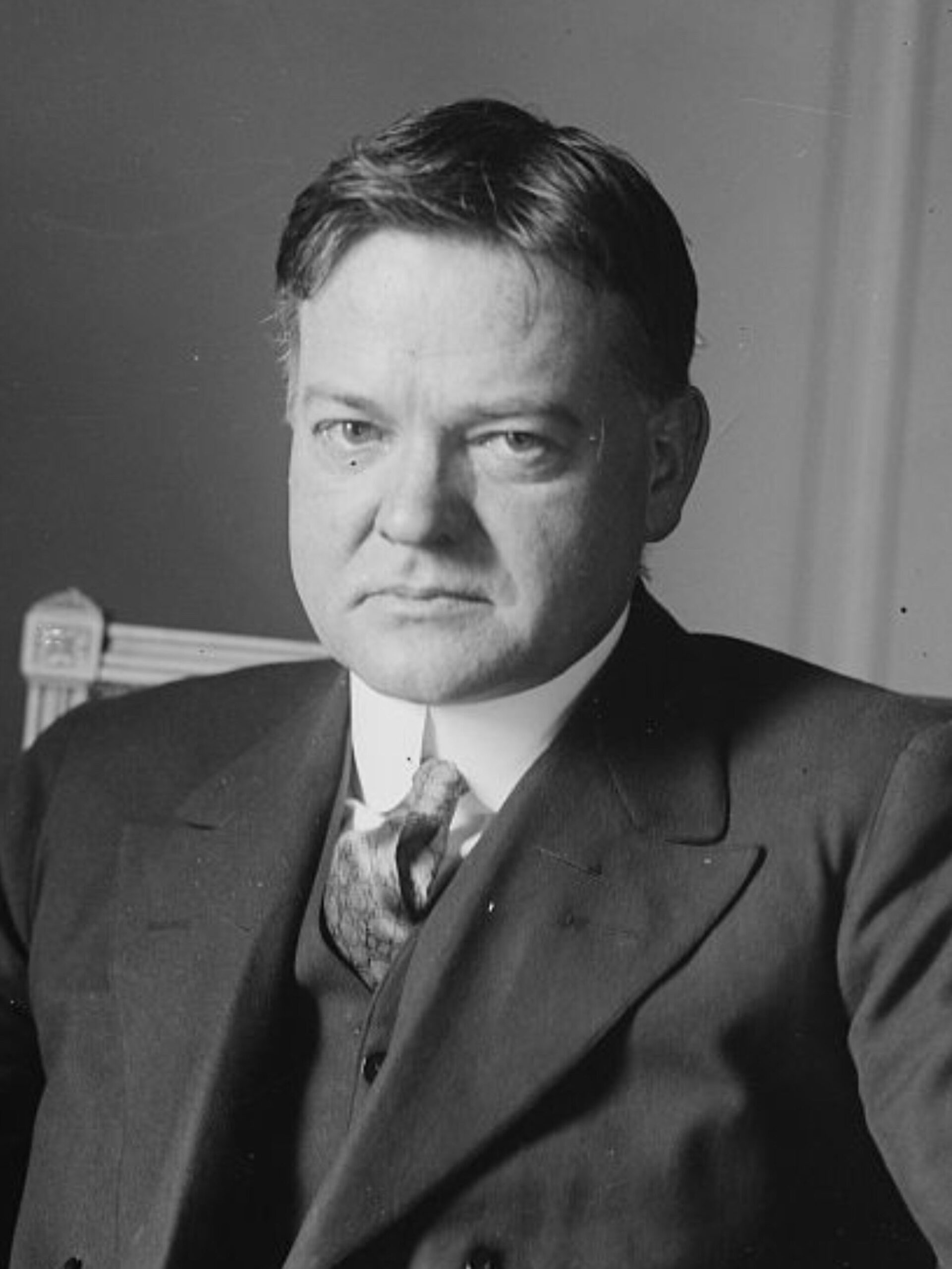
“the possibility that respect for law as law is fading from the sensibilities of our people”
President Herbert Hoover at a luncheon in New York describing crime as a serious problem in the U.S.
April 22, 1929
Image via Wikimedia Commons, public domain
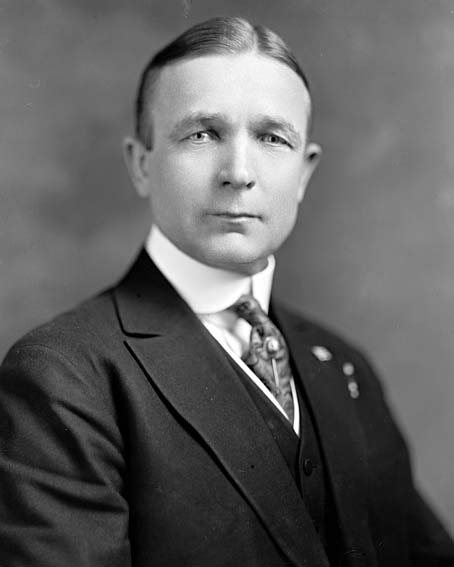
On April 22, 1911, the Governor of Minnesota, Adolph O. Eberhart signed law H.F. N2 which abolished the death penalty in his state. Since then there have been over 20 attempts to overturn this law, but none have passed.
Image of Adolph O. Eberhart via Wikimedia Commons, public domain
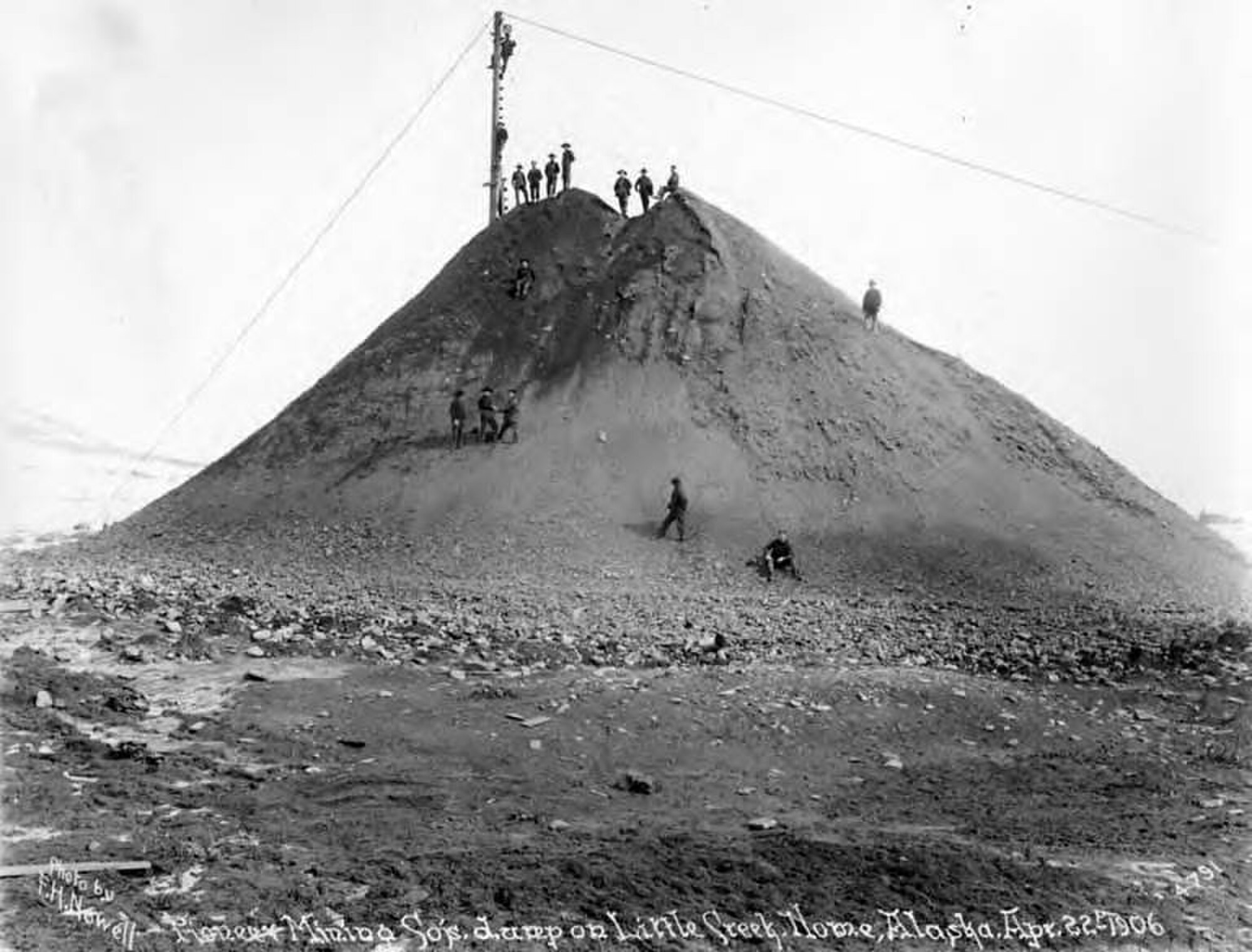
Pioneer Mining Company’s mining dump on Little Creek near Nome, Alaska, April 22, 1906
via Wikimedia Commons, public domain
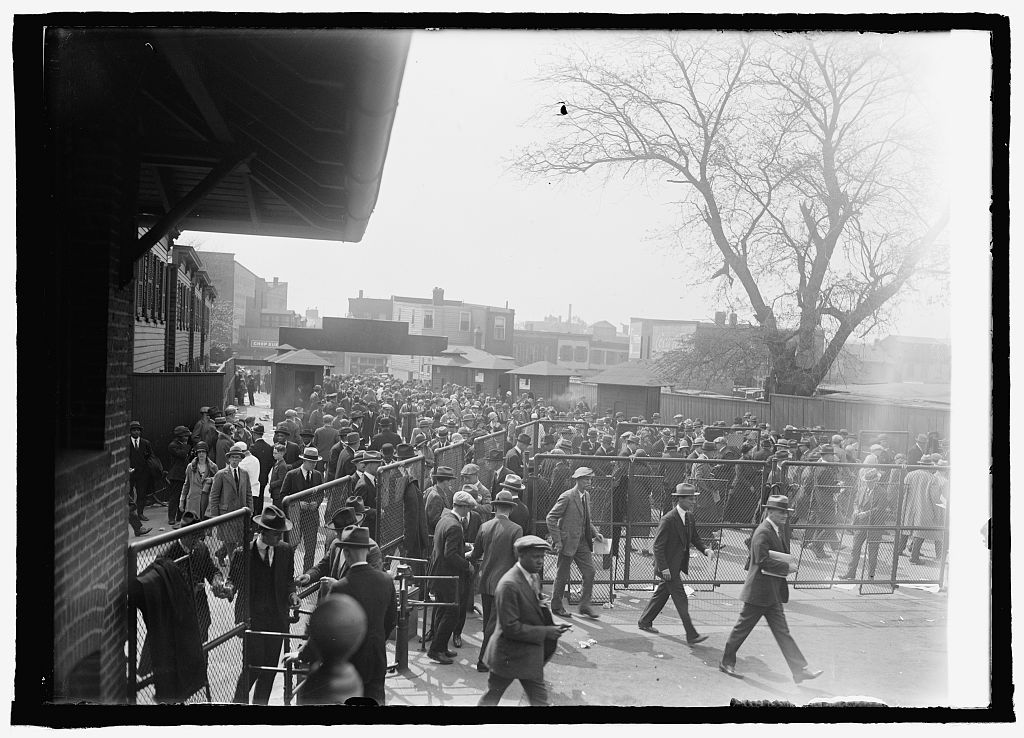
100 years ago today…
Excitement filled the air as fans poured into Clark Griffith Stadium in Washington, D.C. for the Opening Game on April 22, 1925 between the Washington Senators and the New York Yankees.
With President Calvin Coolidge throwing out the first pitch, anticipation was high-but the Senators quickly took control, dominating the Yankees 10-1 in a commanding season opener.
The Roaring Twenties were alive and well in Washington, and on that day, baseball belonged to the Senators.
(Image via LOC, no known restrictions.)
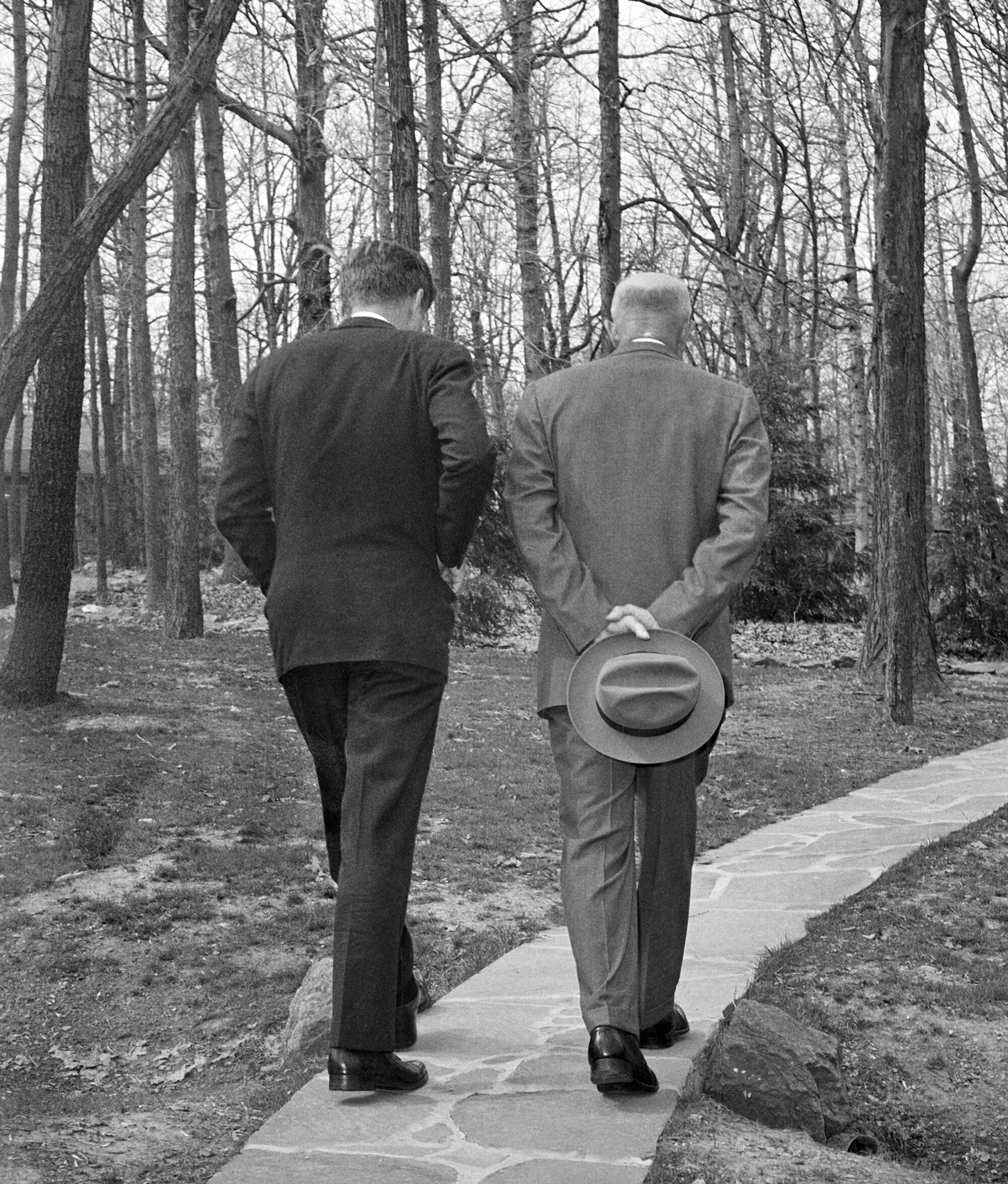
“Serious Steps”
President John F. Kennedy and Former President Dwight D. Eisenhower walk along a path at Camp David in Maryland to discuss the aftermath of the Bay of Pigs invasion.
April 22, 1961
via Wikimedia Commons, public domain

